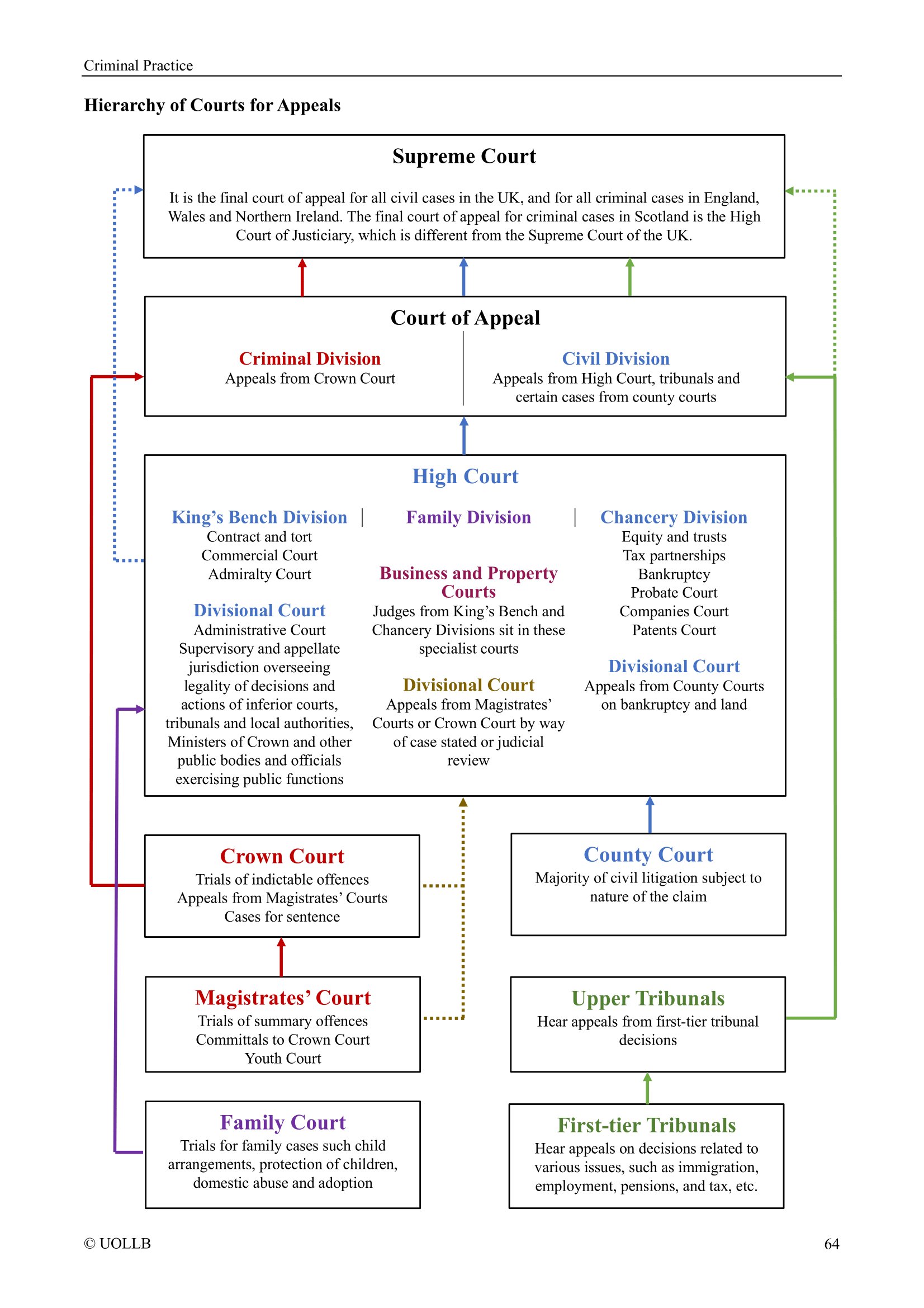Jury Service
Share
Jury service, also known as jury duty, is a civic responsibility in many legal systems, particularly in countries with a common law tradition like the United States, the United Kingdom, Canada, and others. It involves citizens being randomly selected and summoned to serve as jurors in a court of law, where they play a crucial role in the administration of justice.
Selection: Jurors are typically selected from a pool of eligible citizens within a specific jurisdiction. This selection process is designed to be random and impartial, often involving voter registration lists, driver's license records, or other official databases.
Summons: Those selected for jury service receive a summons from the court, instructing them to appear on a specific date and time for jury duty. Failure to respond to a jury summons can result in legal penalties.
Eligibility: To serve as a juror, individuals must meet certain eligibility criteria, such as being a citizen of the country, meeting age requirements, and not having a disqualifying criminal record.
Jury panel: On the designated day, potential jurors are assembled in a jury pool. From this pool, a group of jurors is selected to serve on a particular trial. This process may involve questioning by the attorneys and the judge to ensure impartiality and suitability for the case.
Role: Jurors play a crucial role in the legal system. They are responsible for listening to the evidence presented during a trial, considering the facts, and reaching a verdict based on the law and the evidence presented. Their role is to ensure a fair and impartial judgment.
Impartiality: Jurors are expected to be impartial and to base their decisions solely on the evidence and legal instructions provided by the judge. They are typically required to avoid outside influence, including media coverage of the case.
Length of service: The length of jury service can vary depending on the jurisdiction and the specific trial. It may last for a single day or extend over several weeks, depending on the complexity of the case.
Compensation: Jurors are typically compensated for their service, though the amount varies by jurisdiction. In some cases, employers are required to provide job protection and continue paying the juror's salary during their service.
Exemptions and excusals: Some individuals may be exempt from jury service due to factors such as age, disability, or certain occupations. Others may be excused if they can demonstrate a valid hardship or conflict.
Confidentiality: Jurors are often expected to keep deliberations and discussions in the jury room confidential. This helps ensure the integrity of the trial process.
Verdict: After deliberation, the jury returns a verdict, which can be guilty or not guilty in criminal cases or a judgment for one party or the other in civil cases. The verdict is a critical part of the legal process.
Jury service is considered a fundamental civic duty and an essential component of the legal system in many democratic societies. It helps ensure a fair and impartial judicial process by involving citizens from diverse backgrounds in the decision-making process in both criminal and civil cases.
Selection: Jurors are typically selected from a pool of eligible citizens within a specific jurisdiction. This selection process is designed to be random and impartial, often involving voter registration lists, driver's license records, or other official databases.
Summons: Those selected for jury service receive a summons from the court, instructing them to appear on a specific date and time for jury duty. Failure to respond to a jury summons can result in legal penalties.
Eligibility: To serve as a juror, individuals must meet certain eligibility criteria, such as being a citizen of the country, meeting age requirements, and not having a disqualifying criminal record.
Jury panel: On the designated day, potential jurors are assembled in a jury pool. From this pool, a group of jurors is selected to serve on a particular trial. This process may involve questioning by the attorneys and the judge to ensure impartiality and suitability for the case.
Role: Jurors play a crucial role in the legal system. They are responsible for listening to the evidence presented during a trial, considering the facts, and reaching a verdict based on the law and the evidence presented. Their role is to ensure a fair and impartial judgment.
Impartiality: Jurors are expected to be impartial and to base their decisions solely on the evidence and legal instructions provided by the judge. They are typically required to avoid outside influence, including media coverage of the case.
Length of service: The length of jury service can vary depending on the jurisdiction and the specific trial. It may last for a single day or extend over several weeks, depending on the complexity of the case.
Compensation: Jurors are typically compensated for their service, though the amount varies by jurisdiction. In some cases, employers are required to provide job protection and continue paying the juror's salary during their service.
Exemptions and excusals: Some individuals may be exempt from jury service due to factors such as age, disability, or certain occupations. Others may be excused if they can demonstrate a valid hardship or conflict.
Confidentiality: Jurors are often expected to keep deliberations and discussions in the jury room confidential. This helps ensure the integrity of the trial process.
Verdict: After deliberation, the jury returns a verdict, which can be guilty or not guilty in criminal cases or a judgment for one party or the other in civil cases. The verdict is a critical part of the legal process.
Jury service is considered a fundamental civic duty and an essential component of the legal system in many democratic societies. It helps ensure a fair and impartial judicial process by involving citizens from diverse backgrounds in the decision-making process in both criminal and civil cases.























































